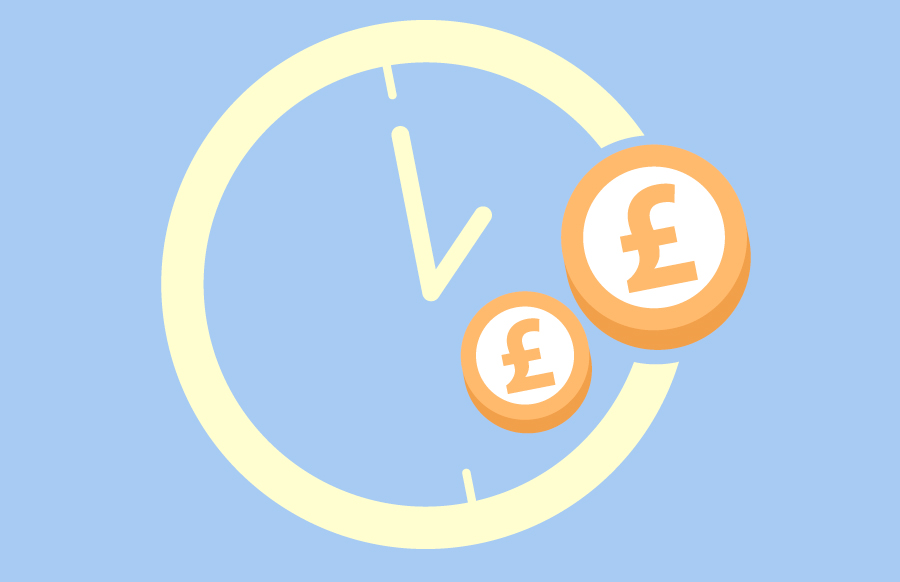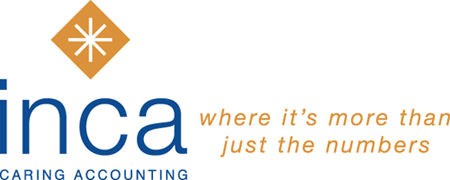Are you a self-employed sole trader or partner in an unincorporated business?
The Treasury has announced it is altering the rules around the ‘basis periods’ it uses to calculate how much profit should be taxed. So if your financial year-end is not aligned with the tax year, the way your profits are taxed will soon be changing.
At the moment, the amount of tax a small business must pay is based on the profit or loss it makes in the accounting period ending in the tax year. But with effect from the 2022-23 tax year, tax liability will be based on profits or losses arising in the actual tax year.
While most small businesses follow the tax year and have accounting year ends of either 31st March or 5th April, a significant minority do not. These businesses are likely to be adversely affected by the rule changes, so if this includes you, you need to start planning now to minimise any impact on your financial position.

Why is the Treasury making this change?
In the announcement, the Treasury states that the change is being introduced to simplify current tax reporting rules. It says they are ‘complex and lead to thousands of errors and mistakes in self-employed tax returns every year’.
As things stand, in the first year of trading, self-employed sole traders and partners with year ends not in alignment with the tax year pay tax on the period to the end of the tax year. In subsequent years, they will pay tax based on their full accounting year. The result is that a) part of their profits will be taxed twice, and b) relief will need to be applied when the business ceases trading.
The Treasury also points out that the move will align the way self-employed profits are taxed with other forms of income, including property and investment income.
Another factor that’s clearly helping to drive reform is the government’s commitment to Making Tax Digital, and it’s plans to extend the initiative to income tax by April 2023.
What are the implications?
Full details of the change are still to be confirmed, but based on the information we have so far, affected businesses need to consider how they will be impacted. Assume for example; you run a business that currently has a year-end of 31st December. When you submit your tax return, it will be based on your profits to this date – even though the tax year runs until March/April.
But from 2023, you’ll be taxed on the profits you make in the tax year.
You will have two choices:
- You can report your accounts in two periods – one covering the 12 months to December 2023 and another covering the three months from January to March/April 2024.
- You can align your accounting year with the tax year – meaning that your first reporting period will be reduced to just three months (January – March 2024).
Both these options have consequences that may lead to a negative outcome.
Temporarily shortening or lengthening your reporting period over the transition phase will have the effect of either deflating or inflating your earnings. If your income increases, there’s the possibility you might tip over into a higher tax bracket. If, on the other hand, your income suddenly reduces, and the drop coincides with you applying for a loan or a mortgage, you may find you’re no longer eligible to borrow.
What should you do?
This change is just around the corner. The sooner you take action, the more time you’ll have to make any adjustments necessary to minimise the financial impact on you and your business. You’ll likely want to change your accounting year-end date, but what’s best for you will depend on your financial situation and personal circumstances, so if you’re going to be affected, you should seek professional advice now.
Let Inca Help You Prepare for Change!
If you’re a self-employed sole trader or operate a small business with a year-end that doesn’t follow the tax year, the upcoming change has the potential to significantly affect your financial position.
As accountants working exclusively with micro and small businesses, Inca is well-placed to help you. We can advise you on the best course of action to take, work with you to put a plan in place and support you through the transition process.
Get in touch today for an initial no-obligation chat about your situation and find out more about how we can help you. Call us now on 01235 868888 or contact us by email at [email protected]




